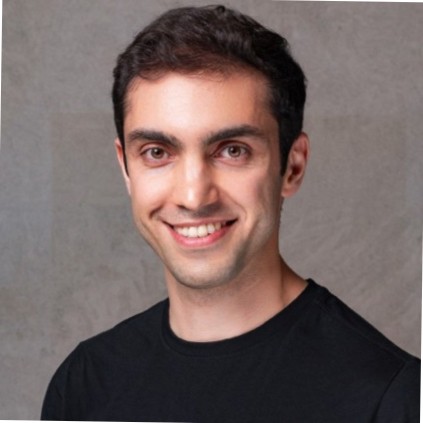Abstract:
In this talk, I will present our work on developing machine learning methods to accelerate the design and discovery of nanoporous materials, with a focus on metal-organic frameworks (MOFs). Over the past decades, the synthesis of over 100,000 MOFs has marked significant progress in this field, a number poised to grow exponentially with the advent of self-driving labs. Navigating this expansive material space for targeted applications requires robust machine learning models.
Traditional structure-based models, however, rely heavily on accurate crystal structures, which are often unavailable during the early stages of material synthesis. To address this challenge, we have developed deep learning models that leverage powder X-ray diffraction data, bridging the gap between initial synthesis and practical application. I will showcase how integrating this model into a self-driving lab can accelerate the discovery of MOFs for a wide range of applications.
Biography:
Started in 2023, Mohamad Moosavi is an Assistant Professor of Chemical Engineering and Applied Chemistry at the University of Toronto and a Faculty Affiliate at the Vector Institute for Artificial Intelligence. Mohamad directs the Artificial Intelligence for Chemical Science (AI4ChemS) research group, focusing on leveraging AI and computational methods for the discovery of advanced materials.
His team’s current research is concentrated on developing MOFs and nanoporous materials for carbon capture and conversion, aiming to contribute to technology development for our sustainable future.
Mohamad’s academic journey began with an undergraduate degree in Mechanical Engineering from Sharif University of Technology, Iran, followed by a PhD in Chemistry and Chemical Engineering from EPFL Switzerland, and a postdoctoral fellowship in Mathematics and Computer Science at the Free University of Berlin, Germany.

